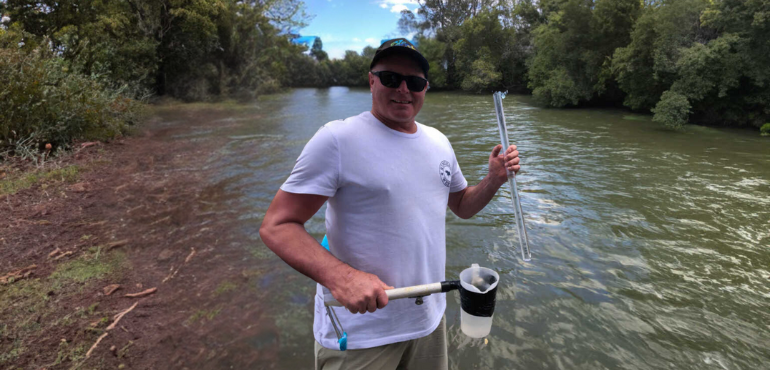Join the Environmental DNA Project and Dive into a Sea of Discovery
In a groundbreaking initiative, OzFish Unlimited is embarking on its second year of environmental DNA (eDNA) testing in North Queensland. This exciting research, driven by fisher scientists and volunteers, is set to revolutionise our understanding of Townsville’s aquatic ecosystems.
A Quest for Fish Diversity Beyond Nets and Traps
Traditional methods of assessing fish diversity have always revolved around nets and traps. However, OzFish Unlimited is introducing an innovative approach.
Researchers are venturing to locations such as South Johnstone near Innisfail, Mackay, and Townsville to delve into the world of eDNA. This unique technology detects DNA fragments left in the water column by fish and aquatic creatures.
The Art of Passive Sampling
To unlock the underwater mysteries, the research team will employ “passive samples.” These samples will be collected using filter paper deployed into the water for just 10 minutes.
During this time, the DNA material in the water adheres to the paper. Water samples will also be gathered from the same locations, allowing researchers to compare different eDNA collection methods.
Finding the Best Approach
Dr. Geoff Collins, OzFish Senior Project Manager, North Queensland, emphasised that comparing filter paper and water samples will help identify the most effective method for sampling fish in tropical waterways using eDNA. This pioneering technique will improve our understanding of fish communities in catchments connected to the Great Barrier Reef.
Local Impact, Global Reach
The scope of this project extends far beyond its current boundaries. With potential plans to send sampling kits via mail, volunteers from all corners of Queensland could participate in this transformative research.
The eDNA sampling program, funded by the Australian Government’s Reef Trust and the Great Barrier Reef Foundation, in collaboration with OzFish Unlimited, James Cook University, the University of Queensland, CSIRO, and BCF (Boating, Fishing and Camping), has the potential to reshape how we perceive and protect our precious aquatic ecosystems.
If you want to learn more about the project or get involved, join OzFish.




